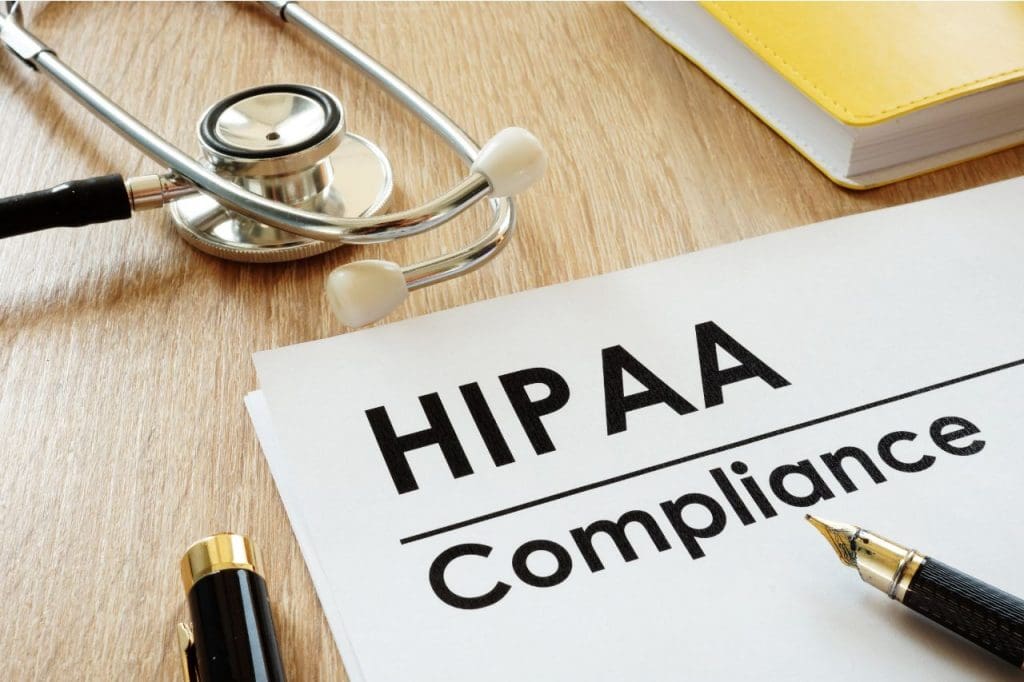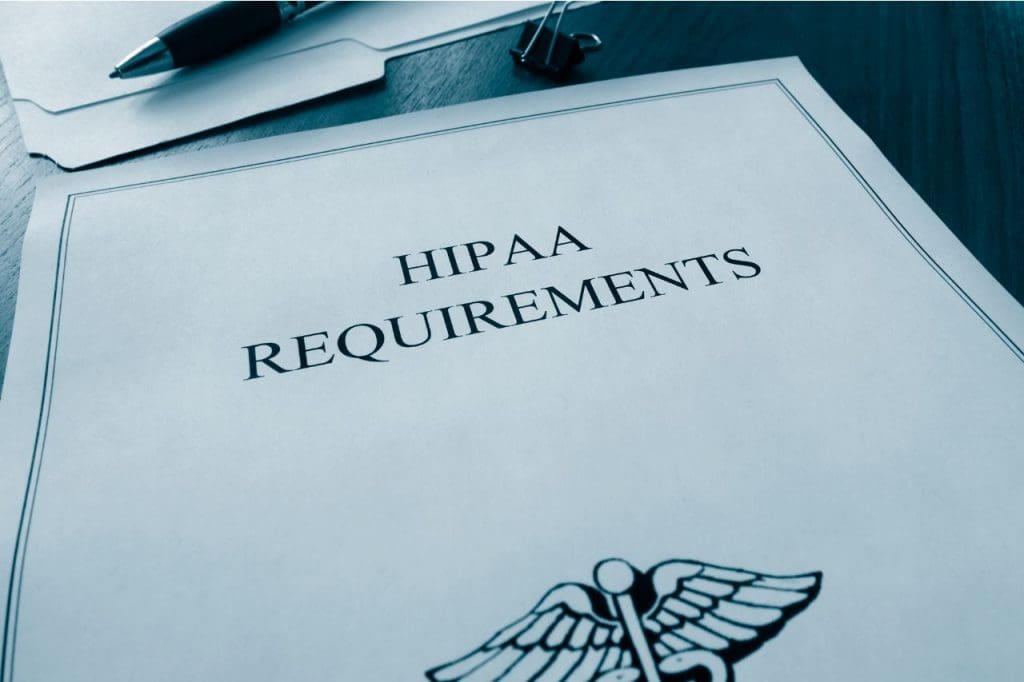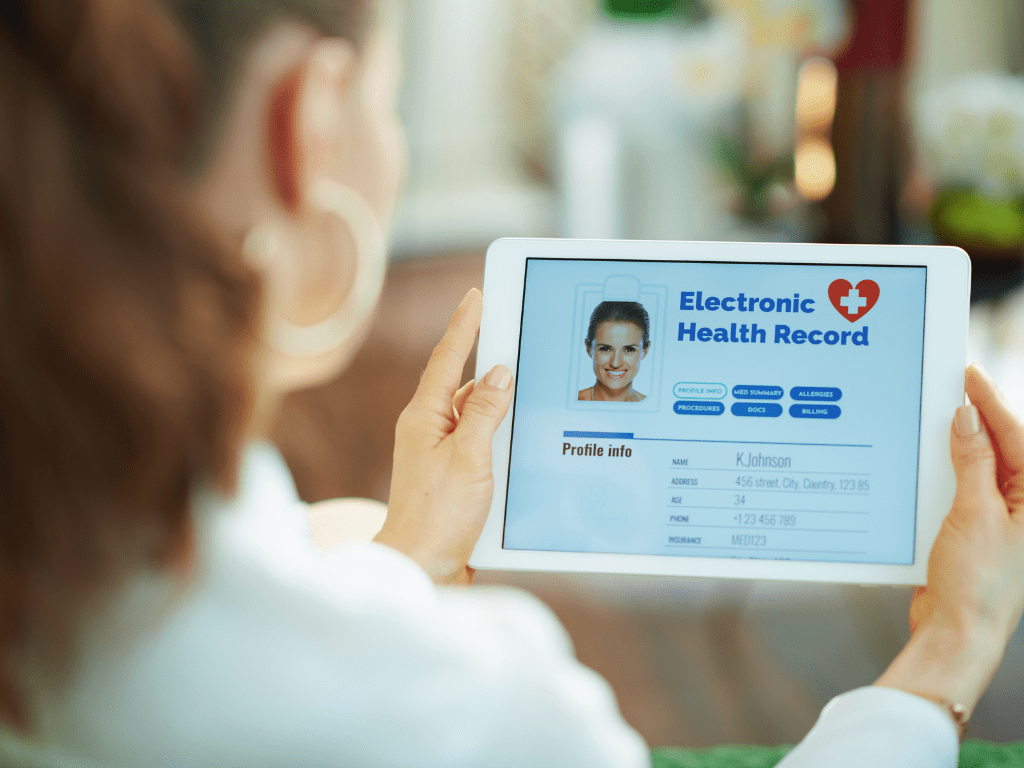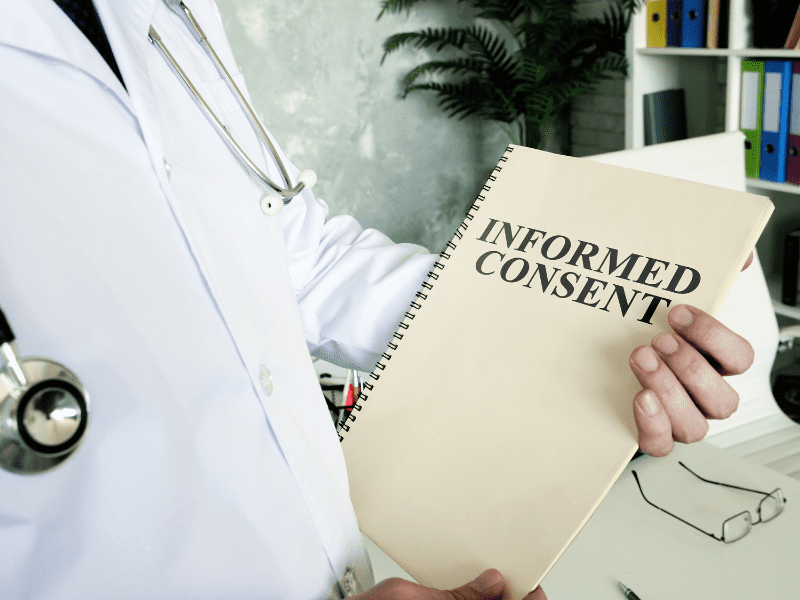What Is HIPAA Compliance and Why It's Important
Understand HIPAA compliance, its rules, and safeguards to protect patient health data, ensure privacy, and meet federal security standards. Ask ChatGPT

Privacy is highly sought after in the digital world. No wonder people are clamoring for ways to protect their information. When it comes to our health information, that desire for privacy is heightened.
As healthcare professionals, you know how critical HIPAA compliance is in protecting the privacy of your patients' data. This post will walk you through everything you need to know—from what it is, its purpose, the kinds of information that need protection, and how to follow this federal law.
What Is HIPAA Compliance?
Simply put, HIPAA compliance means following the regulations and standards of the Health Insurance Portability and Accountability Act of 1996 (HIPAA). This ensures that all protected health information (ePHI) is appropriately secured by healthcare providers.
HIPAA establishes national standards for the security and privacy of ePHI, which is any electronically stored or transmitted information related to an individual's health. All organizations that handle ePHI must comply with HIPAA, including healthcare providers and business associates.

Healthcare providers are required to take measures to safeguard ePHI from unauthorized access, use, or disclosure.
These include:
- Physical safeguards - securing servers, data centers, and other equipment within the premises to prevent unauthorized access, theft, or use of PHI.
- Administrative safeguards - developing policies and procedures to protect ePHI such as establishing an incident response plan.
- Technical safeguards - the use of technologies such as VPNs, passwords, and two-factor authentication on online accounts.
HIPAA compliance is a complex process, but it is essential for protecting the privacy and security of ePHI. By taking measures to secure premises and equipment, develop policies and procedures, and enter into agreements with business associates, healthcare providers can help ensure that ePHI is appropriately protected.
Why You Need to Comply with HIPAA
The Health Insurance Portability and Accountability Act (HIPAA) has three primary purposes:
- Protect the confidentiality of patient health information. This is essential to maintaining the public’s trust in the healthcare system.
- Promote the efficient and effective exchange of health information. Medical professionals need to securely handle data for better treatments and diagnoses.
- Protects patients’ privacy. It’s vital to maintain each patient’s dignity throughout their hospital experience.
The Three Primary Rules of HIPAA
To further understand HIPAA, let’s look at its three main components:
1. Privacy Rule
The Privacy Rule is one of the key components of HIPAA. It governs how protected health information (PHI) can be used and disclosed. PHI is any information an organization can use to identify an individual, including everything from the name and address to medical records and test results.
The Privacy Rule sets strict limits on who can access PHI. For example, covered entities such as hospitals and insurance companies must get patient consent before using or disclosing PHI. In addition, the Privacy Rule requires covered entities to take steps to protect the confidentiality of PHI, such as storing it in a secure location or transmitting it using encryption.
The Privacy Rule also gives patients the right to access their PHI and request corrections of inaccurate or incomplete information. Finally, the Privacy Rule establishes penalties for covered entities that violate its provisions, including fines of up to $50,000 per violation.
2. Security Rule
The Security Rule establishes national standards to protect medical records and other personal health information held by covered entities. It requires covered entities to take reasonable measures to safeguard this information from unauthorized access, use, or disclosure.
One way to comply with the security rule is to implement physical safeguards such as locked cabinets and doors. This prevents paper-based information from being accessed by unauthorized individuals.
Covered entities must also ensure that only authorized personnel can access ePHI. For example, they might do this by using usernames and passwords, assigning unique identification numbers to each employee, or requiring employees to log out of the system once they’ve finished using it.
Covered entities must have procedures in place for responding to security incidents. This might include notifying law enforcement, conducting an investigation, and taking corrective action to prevent future incidents.
3. Breach Notification Rule
The Breach Notification Rule is part of the Health Insurance Portability and Accountability Act (HIPAA). Under this rule, HIPAA covered entities must provide notification following a data breach that compromises PHI.
Under the rule, healthcare providers and other covered entities must notify affected individuals, the Secretary of the HHS, and, in some cases, the media. The notification must be made without unreasonable delay and no later than 60 days after the breach is discovered.
A data breach occurs when there is unauthorized access, use, or disclosure of PHI. The incident compromises the privacy and security of any information that can be used to identify an individual. This information is created or received by a covered entity in connection with the provision of healthcare services. This includes information like names, addresses, birthdates, Social Security numbers, and medical records.
An example of a data breach would be if a hospital employee read the medical records of a patient without permission. If it was determined that there was a reasonable risk of harm to the patient as a result of the unauthorized access, then the hospital needs to implement the Breach Notification Rule.
The notification would include information about what happened and the steps the hospital takes to mitigate the risk of harm. Patients would then have the opportunity to take steps to protect themselves from identity theft, fraud, or other criminal acts that could result from unauthorized access to their PHI.

HIPAA-Compliant Tools for Secure Document Exchange
Ensuring HIPAA compliance requires using the right tools to securely manage and share protected health information (PHI). Various HIPAA compliance software help healthcare organizations maintain compliance, including secure document signing, encrypted file transfers, and online faxing.
For secure document transmission, HIPAA-compliant online faxing is a reliable option. Unlike traditional faxing, online fax services like iFax use encryption, audit logs, and access controls to safeguard patient information. They ensure compliance while offering a seamless and efficient way to send and receive medical documents.
Fill, on the other hand, is a HIPAA-compliant cloud-based solution that allows you to sign documents online, create custom digital forms, and manage files securely in one platform. You can track the signing process with real-time document logs and ensure compliance with strict security standards.
By leveraging Fill along with other HIPAA-compliant tools, healthcare organizations can streamline document workflows, enhance security, and ensure compliance with regulatory requirements.
Want to know more about Fill? Then this is the best time to explore it. Sign up for a free account and browse the features on your computer. No commitment required.




